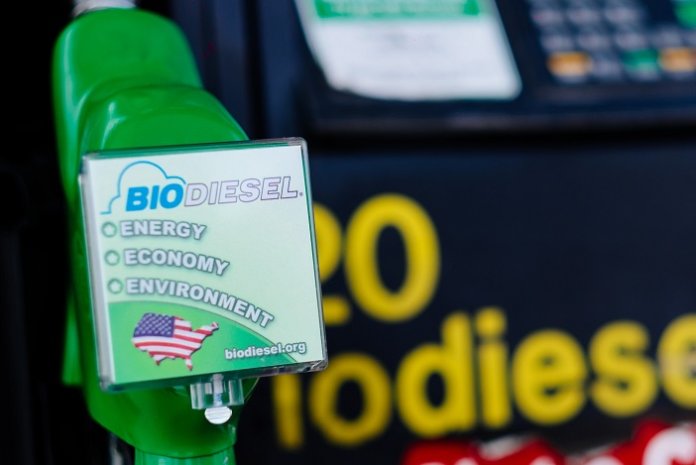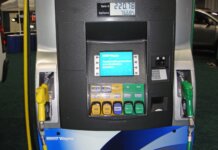California recently cleared the way for storing biodiesel blends of up to 20% (B20) in underground storage tanks, says the National Biodiesel Board (NBB).
The California State Water Resources Control Board amended California Underground Storage Tank (UST) Regulations on Aug. 6. The regulations now say that diesel containing up to B20, meeting the ASTM standard for B20 (D7467), “shall be recognized as equivalent to diesel for the purpose of complying with existing approval requirements for double-walled USTs, unless any material or component of the UST system has been determined to not be compatible with B20.”
Through an effort lasting more than 10 years, NBB, several member companies and the California Advanced Biofuels Alliance provided the State Water Board with data to demonstrate B20 compatibility in underground storage tanks. NBB’s CEO, Donnell Rehagen, says the amended regulation fulfills a high-priority industry objective to allow double-walled UST owners and operators who wish to store B20 to comply with regulations.
“This is a major victory towards biodiesel’s mainstream integration into the California fuel supply,” Rehagen explains. “We recognize the huge potential for biodiesel to supply California with a better and cleaner fuel and applaud state regulators for working closely with us to clear this final hurdle that will allow for more low-carbon biodiesel to make its way to the consumers and fleets all across the state.”
The vast majority of diesel fuel is stored in underground storage tanks, particularly at retail fueling locations. Although biodiesel biodegrades in water as fast as sugar, regulators had concerns that any degradation of UST materials could allow diesel fuel to compromise the water supply, says NBB.
The language reverses the previous wording of the regulation, which, in effect, required tank owners to prove that every component of the tank was compatible.
“This change in regulations represents a huge milestone for consumers in California, who will now have increased access to B20 in a state where protecting the environment is greatly valued,” says Tyson Keever of biodiesel producer SeQuential and Crimson Renewable Energy, as well as chair of the California Advanced Biofuels Alliance. “Our company is driven to make a positive impact on reducing carbon emissions, to stimulate local economies and to reduce dependence on fossil fuels, and this new regulation will amplify our ability to do all three.”
California was the last state to accept storages of B20 in underground fuel systems, notes NBB. The regulation will go into effect Oct. 1.







